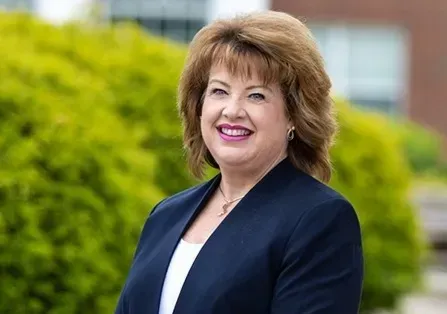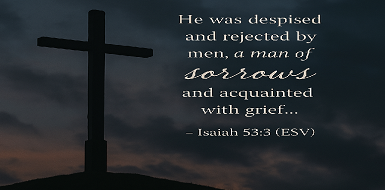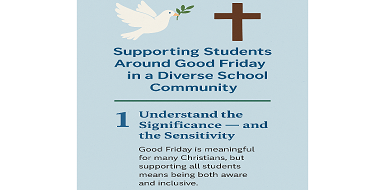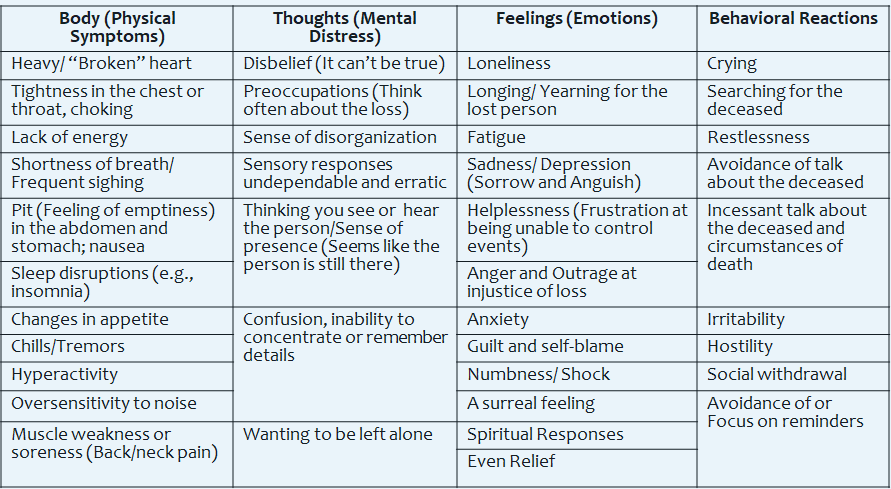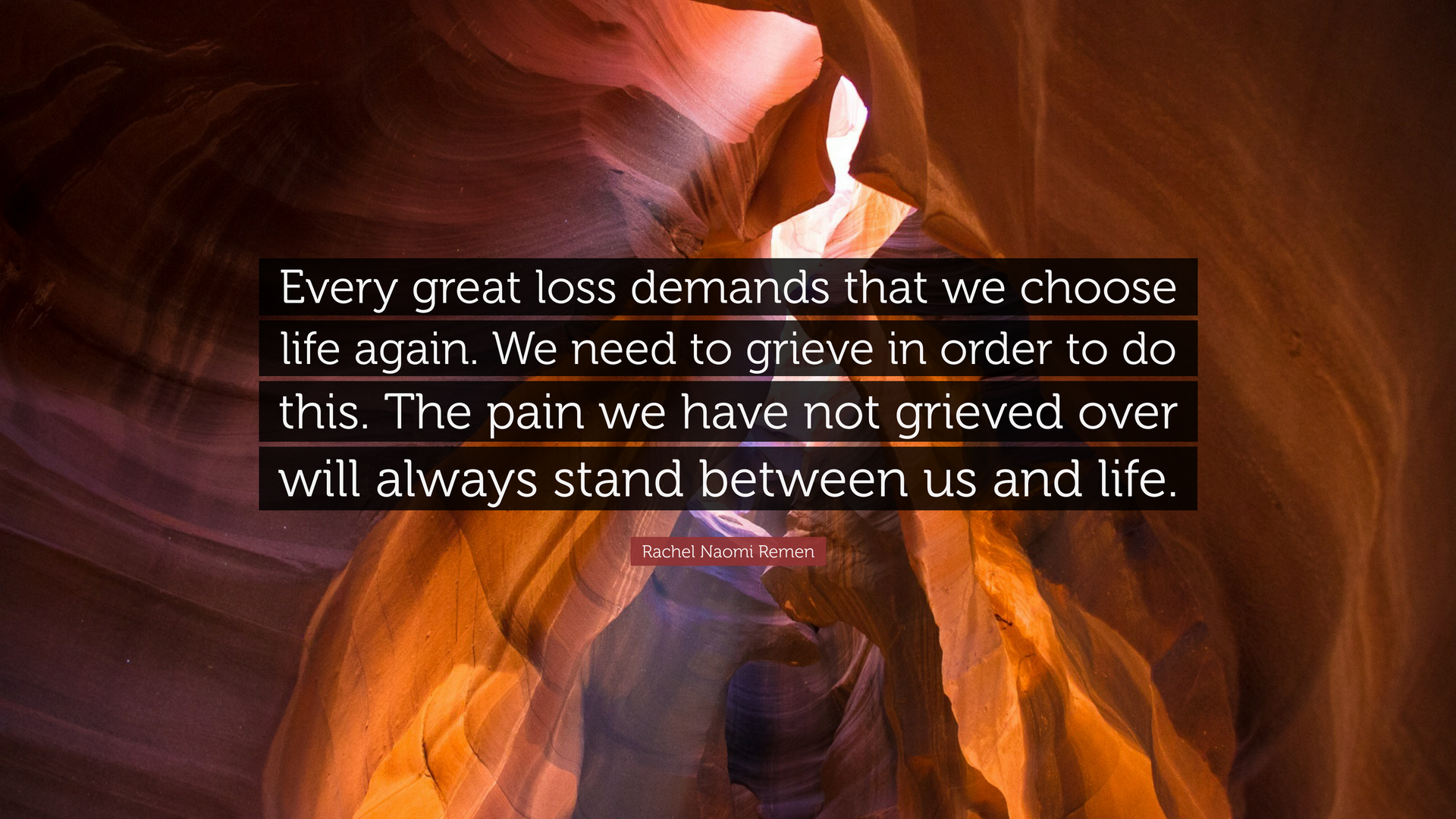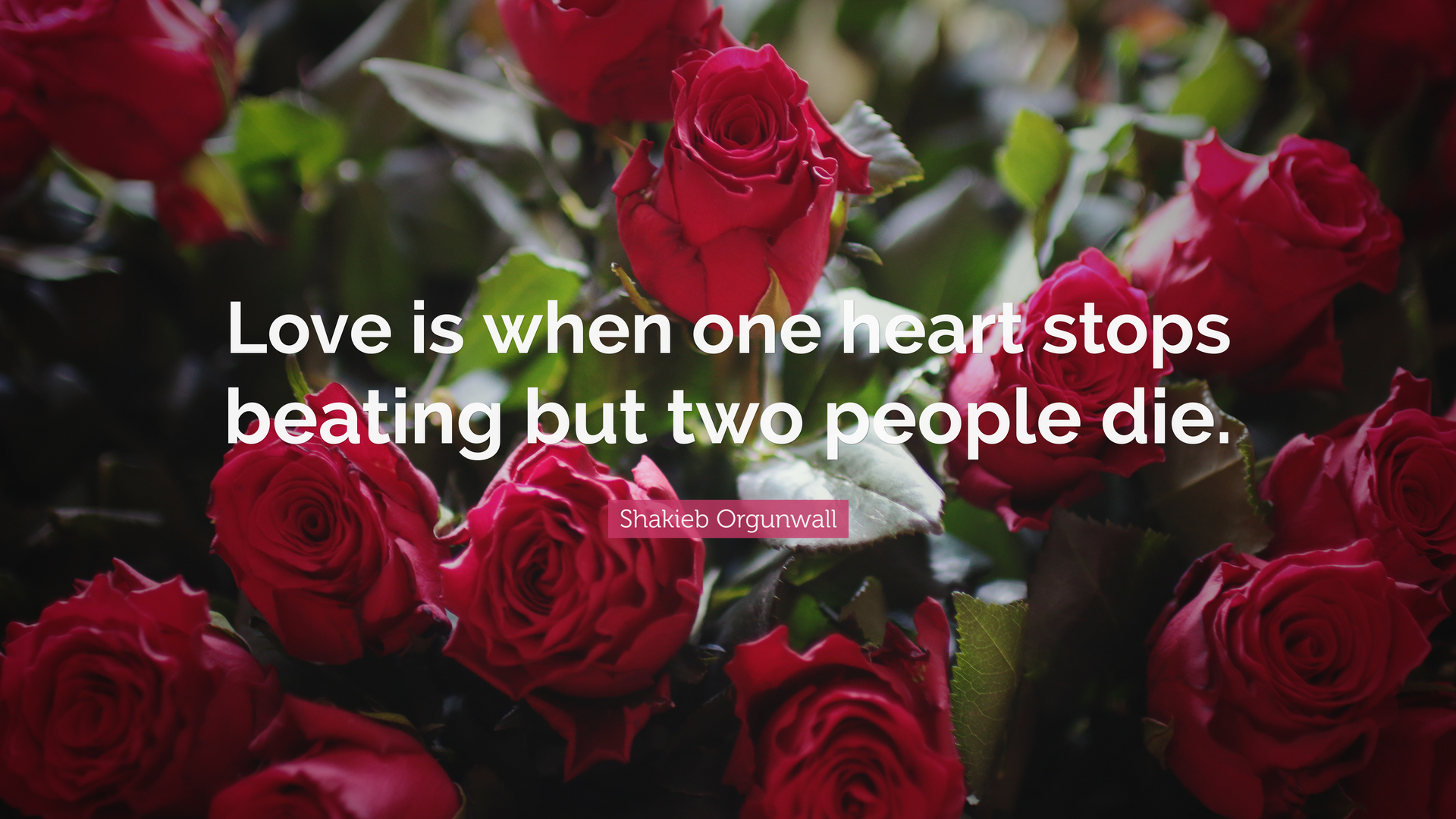Emotions Existing Altogether Yet Alone
Embracing Grief: the Importance of Weeping

Jesus didn’t tell Mary and Martha to be thankful. He wept with them.
So many people have told me through the years that I should be thankful for the love that we shared. I am truly thankful, but that doesn't mean that I also don't miss him. Grief is uncomfortable, so we want to rush to fix it. Just think about the good things; be thankful; on and on with the platitudes. Yet, grief will not be ignored. It must be dealt with, or anger will definitely eat us up. It's important to weep!
The Significance of Jesus Weeping
When I was younger, I was so confused with the verse, "Jesus wept." My young mind thought that Jesus should have just healed him if he was sad about it. But, as I grew, I learned that Jesus was not weeping for the death, but for the sadness of those he loved. He knew he was going to heal Lazarus, but in the interim, his loved ones had suffered the pain of grief. Jesus weeps with us. He doesn't want us to suffer, but it's a part of the human condition.
The Importance of Being Present
It's also important for us to remember to be there for others as they go through pain. We can give our grief back to God by helping others in this way. Yes, I said give our grief back to God. He wants us to offer every gift he gives us back to him. But, you say, how can pain be a gift? It's what I tell my students as they train to be counselors. Every valley we go through makes us a better counselor, because we have learned both empathy for the situation and strategies to move forward with the pain. We can use that empathy and those strategies to help others as well as ourselves when we cycle back through the pain for any number of reasons.
Strategies for Supporting Others in Grief
- Show Up!: The biggest strategy is just to show up. Just be there.
- Grief can't be fixed!: Another strategy is to realize that grief can't be fixed. It must be lived and endured in order to heal.
- Happiness and sadness aren't mutually exclusive. Another big one is to realize that happiness and sadness can exist in the same moment. Just because we miss our loved ones doesn't mean that we aren't thankful for the love.
The Duality of Grief and Gratitude
As said above, grief and gratitude are not mutually exclusive. It's possible to be deeply thankful for the time we had with our loved ones and still feel the profound sadness of their absence. This duality is a testament to the depth of our love. When we allow ourselves to feel both the joy of memories and the pain of loss, we honor the fullness of our experience.
Giving Our Grief to God
In giving our grief back to God, we acknowledge that even our pain can be used for a greater purpose. By sharing our stories, offering comfort to others, and being present in moments of sorrow, we transform our grief into a source of strength and empathy. This doesn't diminish the pain but rather channels it into something meaningful and healing.
Embracing the Human Condition
Jesus' act of weeping with Mary and Martha teaches us that it is okay to mourn and to feel deeply. It is through these emotions that we connect with our humanity and with each other. By embracing our grief and supporting others in theirs, we create a community of compassion and understanding.
Conclusion: The Power of Presence and Empathy
In conclusion, living with grief is not about overcoming it but about integrating it into our lives. It is about acknowledging our pain, allowing ourselves to weep, and finding solace in the presence of others. By doing so, we honor our loved ones and the profound impact they had on our lives. Through empathy and presence, we can help ourselves and others navigate the complex journey of grief, finding moments of peace and gratitude along the way.
I am a school counselor turned counselor educator, professor, and author helping educators and parents to build social, emotional, and academic growth in ALL kids! The school counseling blog delivers both advocacy as well as strategies to help you deliver your best school counseling program.

I'm a mother, grandmother, professor, author, and wife (I'll always be his). Until October 20, 2020, I lived with my husband, Robert (Bob) Rose, in Louisville, Ky. On that awful day of October 20,2020, my life profoundly changed, when this amazing man went on to Heaven. After Bob moved to Heaven, I embraced my love of writing as an outlet for grief. Hence, the Grief Blog is my attempt to share what I learned as a Counselor in education with what I am learning through this experience of walking this earth without him. My mission is to help those in grief move forward to see joy beyond this most painful time.
